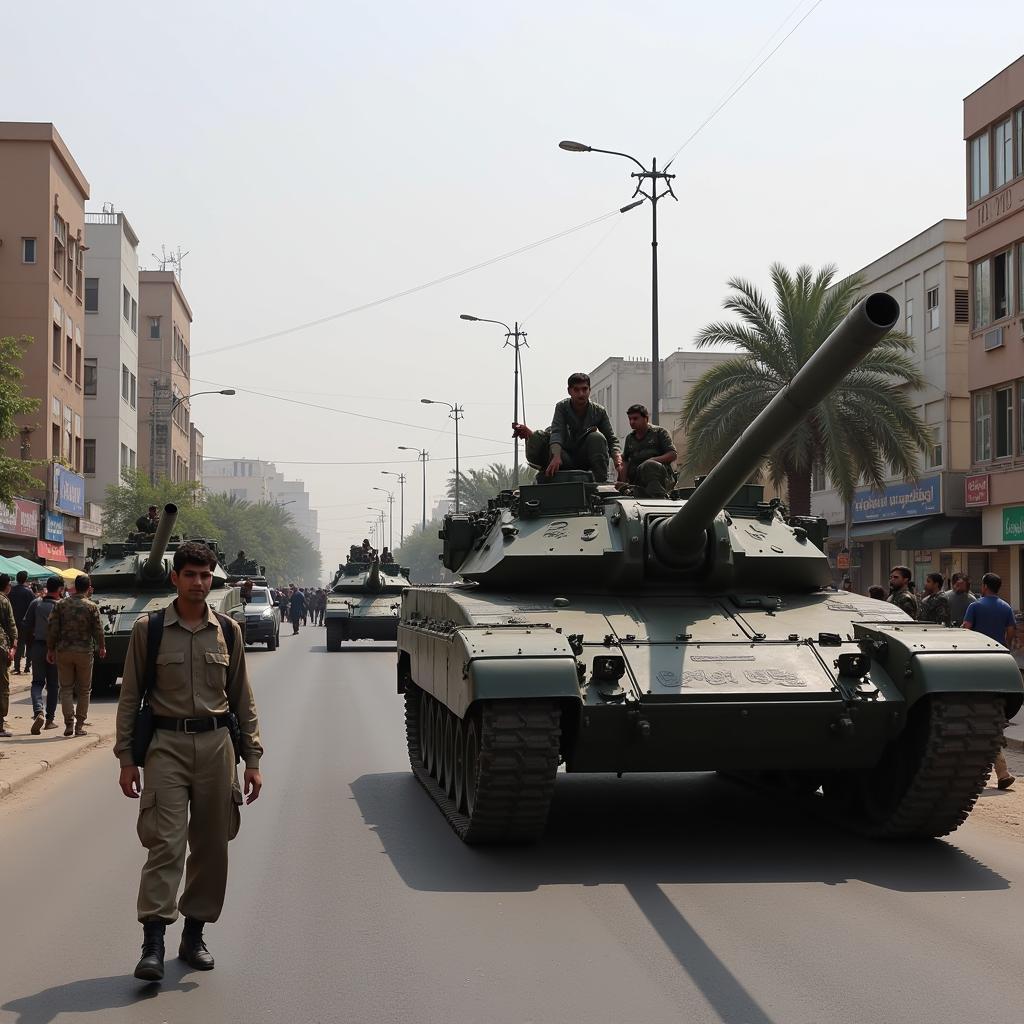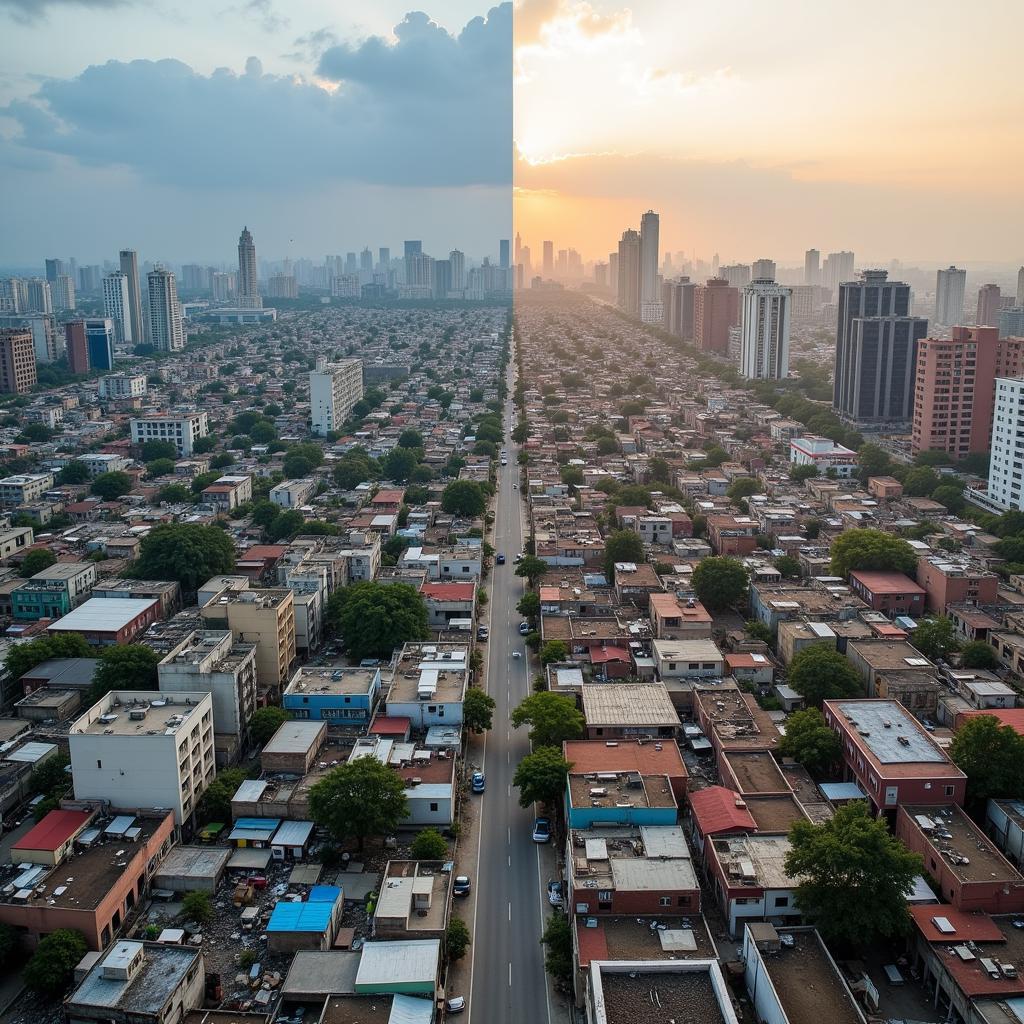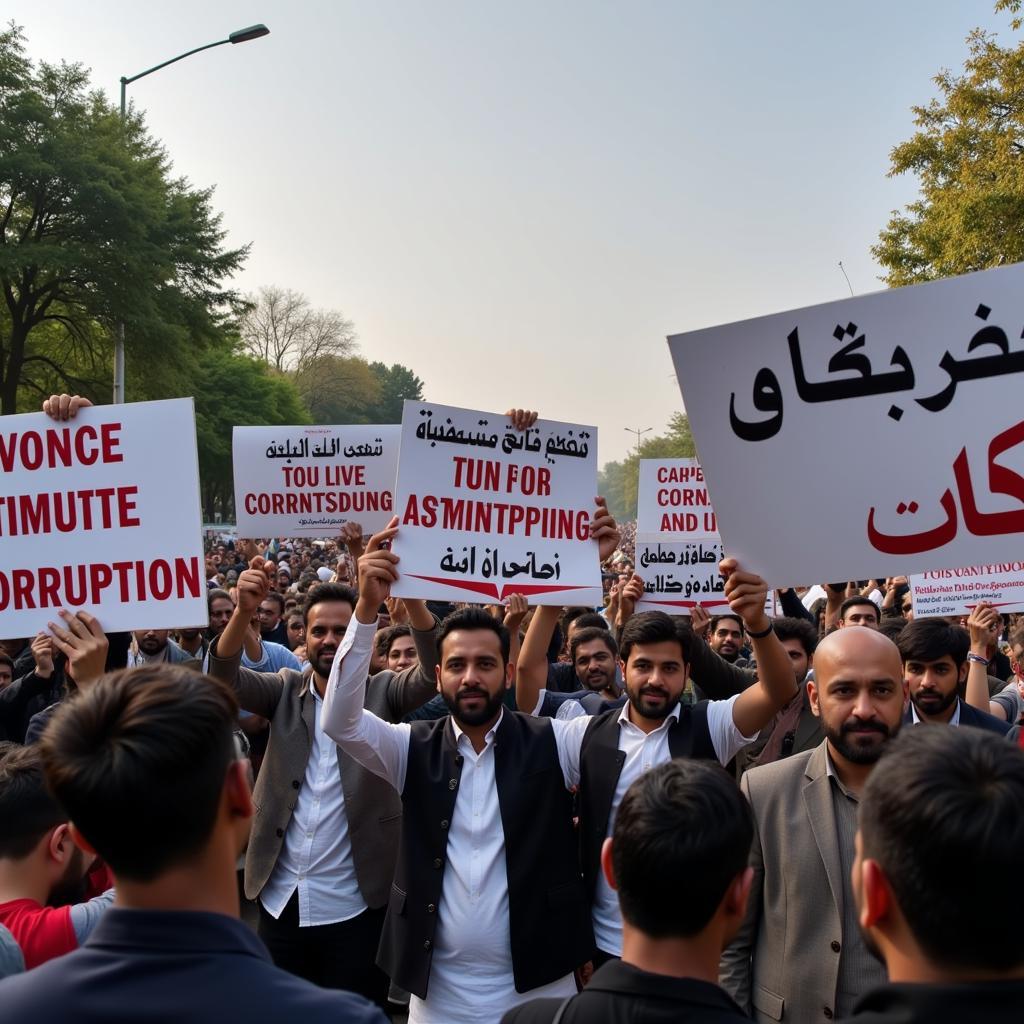The failure of democracy in Pakistan is a complex and multifaceted issue that has plagued the nation since its inception in 1947. This essay delves into the historical, political, and socio-economic factors contributing to this persistent challenge, analyzing the root causes and exploring potential solutions for a more democratic future.
Historical Roots of Democratic Struggle
Pakistan’s struggle with democracy is deeply rooted in its tumultuous history. From the very beginning, the newly formed nation grappled with a lack of democratic institutions, a legacy of colonial rule that prioritized control over citizen participation. The assassination of its founder, Muhammad Ali Jinnah, in 1948, further destabilized the nascent democracy, creating a power vacuum that the military was quick to fill.
This early military intervention set a dangerous precedent, entrenching the armed forces as a dominant force in Pakistani politics. Subsequent coups d’état, most notably those led by General Ayub Khan in 1958 and General Zia-ul-Haq in 1977, further eroded democratic norms and institutions.
 Military Intervention in Pakistan
Military Intervention in Pakistan
Political Instability and Lack of Continuity
A chronic lack of political continuity has been a significant impediment to democratic consolidation in Pakistan. Frequent changes in government, often through unconstitutional means, have prevented the establishment of strong and accountable institutions. Short-lived governments, driven by immediate political survival rather than long-term national interest, have hampered the development of consistent policies and sustainable progress.
Moreover, the political landscape has been dominated by dynastic politics, with power concentrated within a few influential families. This concentration of power has limited opportunities for broader political participation and stifled dissent.
Socio-Economic Challenges and Inequality
Deep-seated socio-economic challenges have further exacerbated the fragility of Pakistani democracy. Rampant poverty, widespread illiteracy, and stark income inequality have created fertile ground for political instability and unrest. The lack of access to basic necessities like education, healthcare, and economic opportunities has marginalized large segments of the population, hindering their ability to engage meaningfully in the democratic process.
This disconnect between the ruling elite and the masses has fueled public disillusionment with democracy, making it challenging to build a shared sense of ownership and responsibility for the nation’s political future.
 Socioeconomic Disparities in Pakistan
Socioeconomic Disparities in Pakistan
Role of the Military and Intelligence Agencies
The military and intelligence agencies have played an outsized role in Pakistani politics, often acting as a state within a state. Their pervasive influence, extending beyond security matters into the realms of politics, economy, and even the media, has undermined civilian control and hampered democratic development. This deep-rooted militarization of society has created a climate of fear and self-censorship, limiting open dialogue and debate essential for a thriving democracy.
Corruption and Lack of Accountability
Endemic corruption at all levels of government has severely eroded public trust in democratic institutions. A culture of impunity, where the powerful often operate above the law, has fueled cynicism and disillusionment with the political system. This lack of accountability has created a vicious cycle, where corruption thrives in the absence of strong democratic checks and balances, further undermining the legitimacy of democratic governance.
 Corruption Protests in Pakistan
Corruption Protests in Pakistan
Conclusion: Navigating the Path to a Democratic Future
The failure of democracy in Pakistan is a complex issue with deep historical roots and multifaceted challenges. Addressing this crisis requires a multi-pronged approach that strengthens democratic institutions, promotes good governance, ensures the rule of law, and empowers citizens. This includes fostering a culture of political tolerance, inclusivity, and accountability, where dissent is respected and the voices of all Pakistanis are heard. While the path ahead is undoubtedly fraught with challenges, a sustained commitment to democratic principles and values remains the only viable route to a more just, equitable, and prosperous Pakistan.